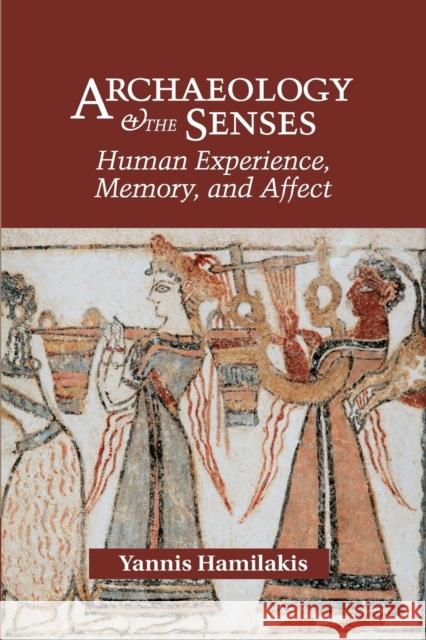Archaeology and the Senses: Human Experience, Memory, and Affect » książka
Archaeology and the Senses: Human Experience, Memory, and Affect
ISBN-13: 9780521545990 / Angielski / Miękka / 2015 / 270 str.
This book is an exciting new look at how archaeology has dealt with the bodily senses and offers an argument for how the discipline can offer a richer glimpse into the human sensory experience. Yannis Hamilakis shows how, despite its intensely physical engagement with the material traces of the past, archaeology has mostly neglected multi-sensory experience, instead prioritising isolated vision and relying on the Western hierarchy of the five senses. In place of this limited view of experience, Hamilakis proposes a sensorial archaeology that can unearth the lost, suppressed, and forgotten sensory and affective modalities of humans. Using Bronze Age Crete as a case study, Hamilakis shows how sensorial memory can help us rethink questions ranging from the production of ancestral heritage to large-scale social change, and the cultural significance of monuments. Hamilakis points the way to reconstituting archaeology as a sensorial and affective multi-temporal practice.











